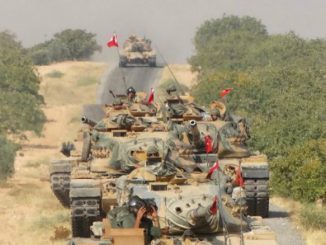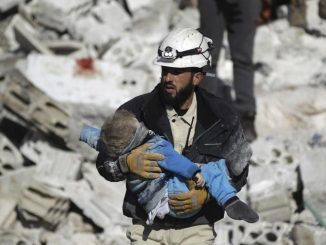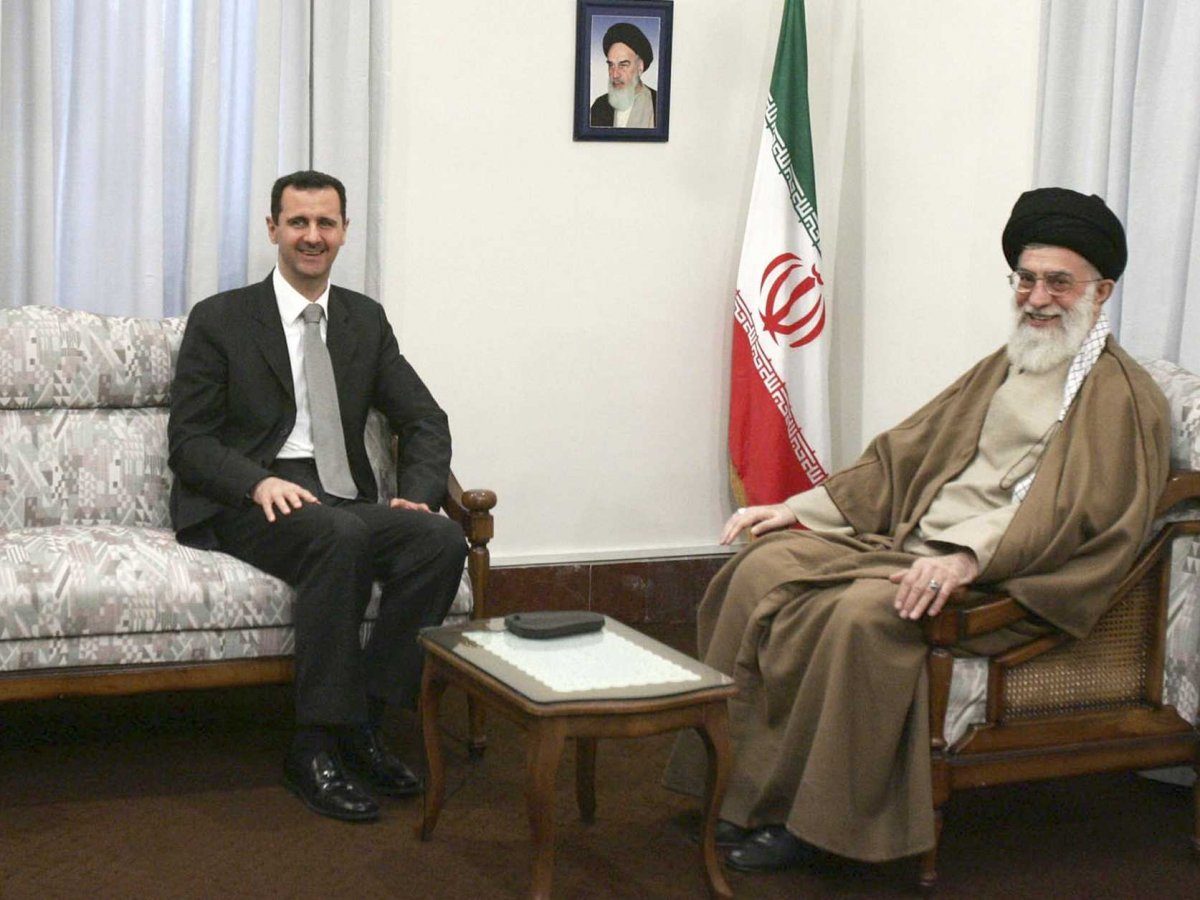
Leadership is a game of chess. But not everybody can become a leader. Not everybody can achieve difficult goals. Just as a move like Sultan Mehmet the Conqueror’s moving the ships on land, is an indication of devotion and jeopardy, it is also the result of being anomalous. However, being “anomalous” is not so widely accepted as a bright alternative; they have generally been criticized, worn out, been the scapegoat and as a matter of fact, treated like insane. The “anomalous” have only been legitimized when they won and got into the history books as “pioneering.”In chess, you may sacrifice your pawn to save your bishop or your knight to save your queen, you might tactically move back to set a trap or move the game to another front to distract attention. The same applies to your opponent. When an experienced opponent finds themselves playing on the board longer than they expected, they might threaten you in various ways. Paying no attention to this, managing to avoid being influenced by the emotional state of the audience and continuing the game is not easy at all. But this is what is required by being a step ahead when the pieces are back in their starting positions. Hence, in the end, one side is going to win and the other is going to lose.
For a long time now Turkey is at the chess table against a multinational alliance in Syria. Many issues that seem lto be our internal matter, as we frequently try to analyze in this column, is related to Syria, regional design and the new world order they are trying to establish.
Remember the “big picture” emphasis made on TV by figures such as then President Abdullah Gül and Ömer Çelik when the Feb. 7, 2012 National Intelligence Organization (MİT) truck crisis planned by the Gülenist Terror Group’s (FETÖ) prosecutors targeted MİT chief Hakan Fidan, while then Prime Minister Recep Tayyip Erdoğan was in surgery. Remember those who were accused of being conspiracy theorists when indicating “The Syria issue is behind this,” in relation to the 2013 Gezi Park events. In February 2012, the first Qusayr battle had happened and opposition forces had lost half of Qusayr, which is of strategic importance, and Baba Amr, one of the most critical areas in Homs. Then during the 2013 Gezi events, the rest of Qusayr was lost. This way, control over the Lebanon-Syria border was largely taken by Hezbollah.
When you put the period that began with the Dec. 17 and Dec. 25 coup attempts on top of Syria’s civil war calendar, it is possible to see the relationship between them. For example, while we were busy with tapes, scandals and elections in May 2014, Homs, referred to as the heart of Syria, had to be abandoned by the opposition forces. In August 2014, Qalamun was taken by Hezbollah and the opposition’s Lebanon-Syria connection was completely cut off.
At least in the Oct. 6-7, 2014 Kobani incidents it became clear how the Syria issue directly affects us. Weren’t the alliances with FETÖ in Turkish politics when going to the general elections, related, in one aspect, entirely to foreign policy and particularly our position on Syria? The legitimacy given to the Kurdistan Workers’ Party (PKK) through its Syrian wing, the Democratic Union Party (PYD) by the U.S. and the PKK’s ending the cease-fire with Ankara in the summer of 2015 and its trying to move the civil war to Turkey under the pretext of “I am fighting Daesh” all follow one after the other?
Today, after the July 15 coup attempt, based on the arrest of the two pilots who had a role in the downing of the Russian fighter jet that violated Turkish airspace, some are deducing the result that the sole “aim was to ruin relations with Russia.” Yet we need to remember that in the summer of 2015, Turkey insisted on its demand for a safe zone along the Azaz-Mare stretch and was struggling to make safe the Tukey’s border, which is the refugees’ sole remaining escape point from the civil war. Ankara did not let go of the issue and told the anti-Daesh coalition and even actors like Russia that the issue has now become a matter of national security and sovereignty. Intervention in this region and plans to fight against Daesh were on the table and the political will was pushing for this. The downing of the Russian jet was actually a sabotage against the safe zone plan and the operation to be conducted on Syria.
By 2016, the operations for the PYD corridor that they want to form right after the Daesh carrot and the regime’s siege of Aleppo were ongoing. A so-called cease-fire was declared under the U.S.-Russia leadership, but the war was framed to achieve the desired picture on the ground. And just as everybody familiar with this subject knows, if Aleppo falls Bashar Assad wins, if the PYD crosses to the west of the Euphrates, the certain corridor would be established.
The real result expected from the improvement of Turkey’s ties with Russia and even from the agreement with Israel, was for a ground operation to be conducted on Syria and to achieve this without leading to a global war. The July 15 coup attempt was the final move by FETÖ, which constantly dragged its feet and sabotaged all Syria-related attempts from the inside, to foil this. President Erdoğan was going to die and they would no longer have any obstacle standing in their way. FETÖ risked being revealed by even abandoning its most important characteristic of being a “crypto” because of Syria. Their last move failed, the plan blew up in their faces, the group was revealed and the mind behind it was defeated.
Now 45 days after the repelled coup attempt, the Turkish Armed Forces (TSK) has finally started an operation on Jarablus. The city, including 15 villages, was cleared of Daesh and the PYD and its armed wing, the People’s Protection Units (YPG) had to retreat to the east of the Euphrates. Despite all the attacks and sabotages, at the end of the five years, Turkey made its game-changer move and took control of the situation and positioned its shield in the west of the Euphrates.
*Merve Şebnem Oruç is a Turkish journalist and columnist.
(Published in Yeni Şhafak on Sunday, August 28, 2016)



